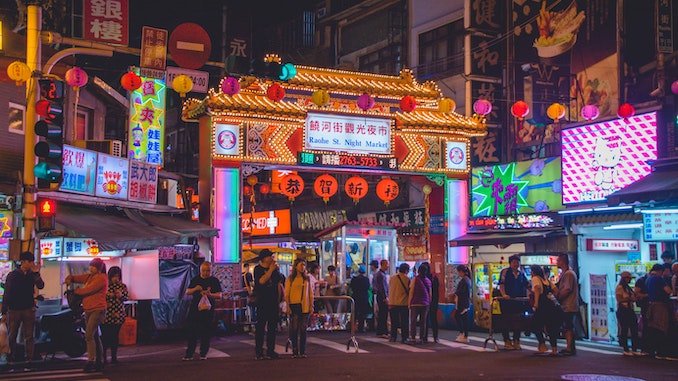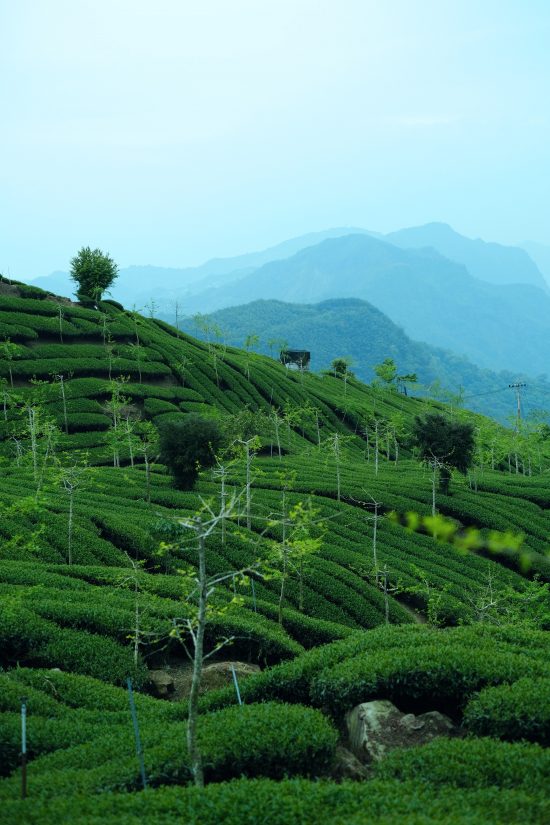
Today, we’re exploring the origins of coffee production in Taiwan and the direction that Taiwanese specialty coffee is taking going forward.
BY EMILY JOY MENESES
SPECIAL TO BARISTA MAGAZINE ONLINE
Cover photo courtesy of Vernon Raineil Cenzon for Unsplash
When it comes to Taiwan, most people think about tea—but did you know that the country has a robust coffee industry, too? Since China introduced tea to Taiwan in the late 18th century, tea has historically been one of the island nation’s biggest exports. It benefits from Taiwan’s ideal environmental conditions like moist air, nutrient-rich soil, and mountainous regions.
However, it wasn’t until the end of the 19th century that coffee would become an integral part of the nation’s agricultural production, after the British and the Japanese brought it over. Today, the Taiwanese coffee market continues to grow—and until the pandemic changed plans, several World Coffee Championships competitions were set to be held in Taipei, Taiwan’s capital city, this year.

Coffee’s Arrival to Taiwan
In 1884, Taiwan received its first coffee plants from the British. Arabica production grew exponentially following Japan’s occupation of Taiwan throughout the early 1900s. The Japanese, who were fond of coffee, brought more coffee seedlings from Hawaii and planted them in Yunlin County.
The Japanese grew coffee as a luxury crop to send back to their own country. Some even say that coffee was often sent from Taiwan to Japan’s emperor as a form of tribute. Over the years, coffee would grow to be a favorite amongst Taiwanese locals, eventually rivaling the tea that had been a household favorite generations before.
Taiwan’s Coffee-Producing Regions
Today, coffee production is prominent in the Taiwanese regions of Alishan and Pingtung County’s Taiwu Village. However, Yulin County remains the country’s star coffee producer, with a climate and altitude similar to Jamaica’s famed Blue Mountains. The high mountains, volcanic soil, cool temperatures, and abundance of spring water in this region result in an incredible Arabica bean, with low acidity and notes of nuts and citrus.
Specialty Coffee in Taiwan Today
Today, much of the coffee consumed in Taiwan is imported from other countries, and Japan remains the primary importer of Taiwanese coffee. However, the nation’s coffee producers are hopeful that their industry will only continue to expand. The Specialty Coffee Association announced that in 2021, the World Coffee Roasting Championship, World Coffee in Good Spirits Championship, and World Latte Art Championship would take place in November of 2021 during the Taiwan International Coffee Show; the events were rescheduled due to COVID-19, but Taiwan is expected to host World Coffee Championships events in the near future.
Additionally, the Alliance for Coffee Excellence recently showcased Taiwanese coffee during their Private Collection Taiwan Coffee Auction; the highest ranking coffee scored 89.77 points and sold at $500.50/lb—a total of $22,067.05 USD.
Coming Up
In our next installment of “Exploring Taiwan’s Coffee Scene,” we’ll dive into different Taiwanese coffee varieties, their flavor profiles, and companies that are putting Taiwan’s coffee scene on the map.
ABOUT THE AUTHOR
Based in Los Angeles, Emily Joy Meneses (she/her) is a writer and musician passionate about culture and collective care. You can regularly find her at Echo Park Lake, drinking a cortado and journaling about astrology, art, Animal Crossing, and her dreams. Explore her poetry, short stories, and soundscapes on her website.

